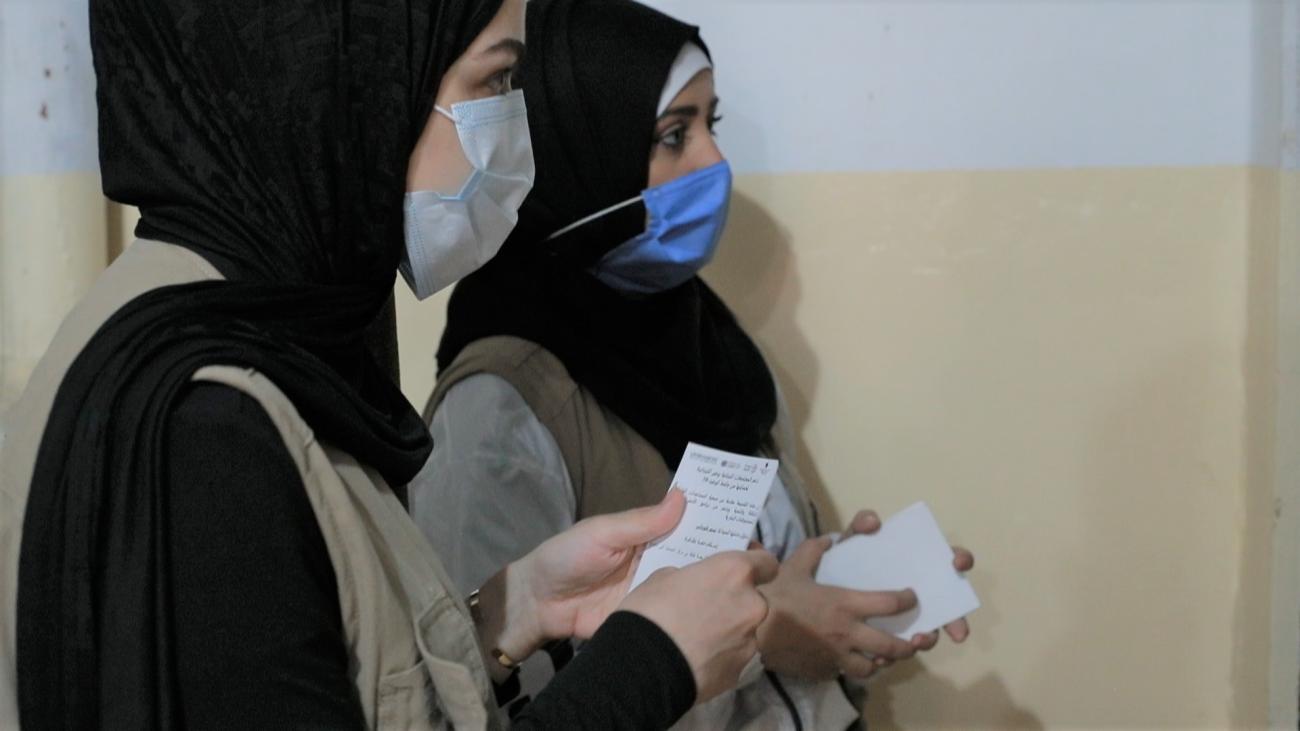UN-Habitat is rolling out a series of COVID-19 projects in some of the most vulnerable urban neighbourhoods in Lebanon to help communities mitigate the effects of the pandemic and the ongoing socio-economic crisis.
Lebanon is currently easing its pandemic restrictions but people living in vulnerable and densely populated urban areas such as refugees and migrants are struggling to cope on several fronts.
“The COVID-19 crisis and lockdown along with the socio-economic crisis and continuing civil unrest related to rising poverty, unemployment and the devaluation of the currency which began last October, are severely eroding the little resilience left in communities,” said Taina Christiansen, Head of UN-Habitat Country Programme in Lebanon.
As part of its support to the COVID-19 response in the country, UN-Habitat identified Sabra and Daouk-Ghawash neighbourhoods in Beirut, as some of the most vulnerable areas requiring immediate action. The neighbourhoods, which are home to Syrian and Palestinian refugees and vulnerable Lebanese, suffer from high rates of overcrowding, unemployment and poverty and many buildings are not connected to the water network.
To address unmet hygiene needs, UN-Habitat, through the United Nations Central Emergency Response Fund (CERF), in partnership with the Popular Aid for Relief and Development provided almost 1,000 families with hygiene protection kits with priority given to the additionally vulnerable, including female-headed households, women, girls, the elderly and people with disabilities. The kits, which will allow 4,500 residents to adopt proper hygiene practices for two months, included detergent, bleach, laundry powder, shampoos, soap bars, rubbish bags, surface cleaning cloths and a bucket.
“This is highly appreciated by the residents of this area, who benefitted greatly from these essential hygiene kits, especially due to the current coronavirus situation,” said Aisha Hergel, a social activist.







